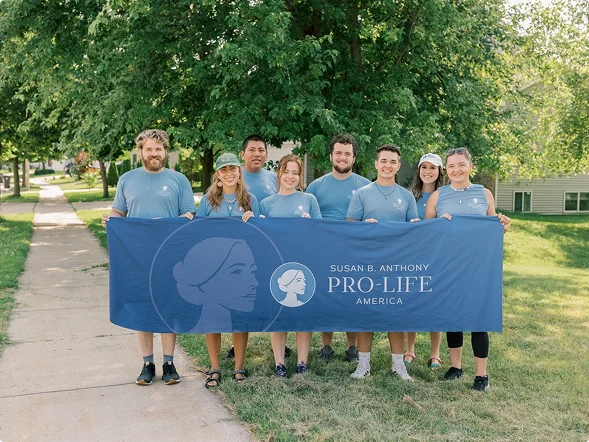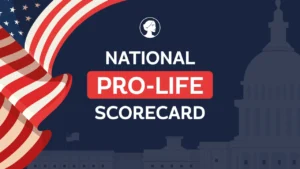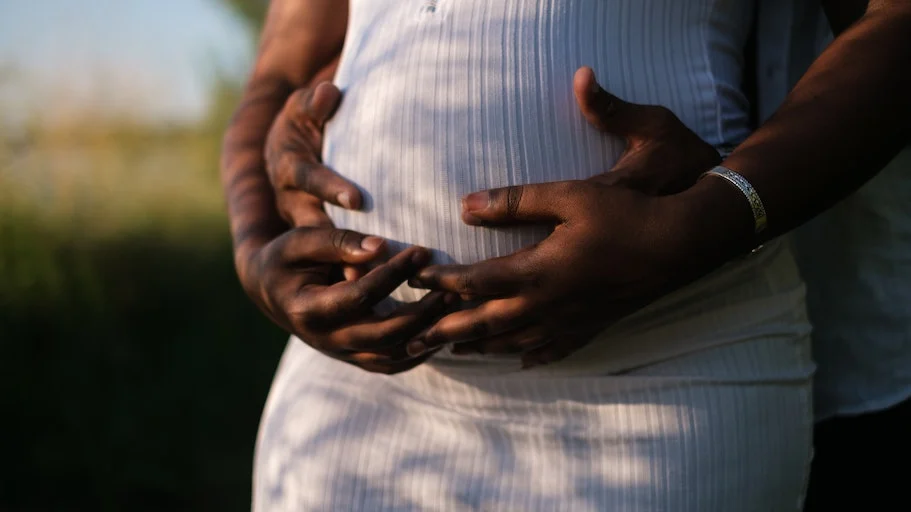The New Abortion Bill Every Pro-Life State Should Pass to Protect Women

Thanks to the Dobbs decision, 23 states have laws protecting life at 12 weeks or sooner. Each of these laws safeguards babies in the womb as well as their mothers in cases of medical emergency. According to the Charlotte Lozier Institute, “Each of these states permits abortion in those rare and heartbreaking circumstances when it is necessary to save the life of a pregnant woman. Physicians can make this determination based on their ‘reasonable medical judgment,’ a standard very common in the medical profession
Despite the clear text of ‘life of the mother’ exceptions in all 23 laws, the abortion lobby has dishonestly publicized that pro-life laws prevent pregnant women from receiving care in an emergency, miscarriage, or ectopic pregnancy. Whether it’s a ballot measure fight, candidate race or legislative battle, this has been the abortion industry’s number one talking point which many in the Democratic Party have adopted.
In the last election, this line was repeated over and over by Kamala Harris, Democrats running for office and ballot measure campaigns like Amendment 4 in Florida. Those in the media and Hollywood – like Sofia Bush and Chrissy Teigen – amplified the message. ProPublica recently released tragic stories of deaths from abortion drugs and medical malpractice in an attempt to blame the loss of lives on pro-life laws in Georgia and Texas – while failing to tell stories of similar instances in pro-abortion states. Days before South Dakota voters made a decision on an abortion ballot measure, the front page of the largest newspaper in the state read: “‘Is this really a safe place anymore?’ Why this mother leaves SD weekly for prenatal care.”
“Ironically, the abortion lobby’s misinformation is what endangers pregnant women, not pro-life laws,” said Sue Liebel, director of state affairs. “Misinformation can lead women to delay in seeking care they need right away or to travel to another state while they’re bleeding. It can lead doctors to hesitate when they need to act immediately to save a pregnant woman’s life.”
On behalf of SBA Pro-Life America, Liebel is calling on state lawmakers, governor’s offices and health departments to adopt Med Ed solutions to address the misinformation. She says state leaders can look to what South Dakota, Florida, Nebraska and Texas have done in the last year.
1. South Dakota
South Dakota became the first state in the nation to adopt a Med Ed law to end the confusion caused by the abortion industry through direct education to medical professionals. Under South Dakota’s HB 1224, training materials and a public video have been established through the Department of Health and with input from the attorney general, medical professionals and legal experts. The video covers the details of the state’s abortion law, the most common medical conditions that threaten the life or health of a pregnant woman, the standards of care for treating a pregnant woman in a medical emergency, and a practitioner’s ability to use reasonable medical judgment in all situations.
2. Florida
The day Florida’s heartbeat law went into effect, the Agency for Health Care Administration released guidance for the public on doctors’ continued ability to treat pregnant women facing a medical emergency. In the following months, the agency sent a letter to every doctor in the state about the law; issued a rule requiring hospitals to adopt a policy on PPROM, ectopic pregnancy, and other conditions; ran a PSA; and launched a website about the law’s exceptions.
3. Nebraska
Nebraska voters had two abortion amendments on their ballot this year: one limiting abortion after the first trimester and another allowing abortion at any point. When the pro-abortion ballot measure campaign ran ads to confuse the public about pregnant women’s ability to receive emergency care under the state’s 12-week limit, the Nebraska Department of Health and Human Services issued a health alert to clarify the law.
4. Texas
Last spring, the Texas Medical Board adopted rules to protect women under the state’s life at conception law. The board held hearings and listened to hours of public testimony. The new rule emphasizes the importance of doctors relying on their reasonable medical judgment and that the law does not require a health emergency to be immediate for a doctor to act, but that it allows for intervention when a serious situation is foreseeable.
With legislatures convening in January, Liebel says 2025 is the year for more states to take action.
“We urge state leaders to take immediate steps to initiate Med Ed solutions to protect the pregnant women of their state,” said Liebel. “Protecting pregnant women should not be a contentious issue. Republican or Democrat, pro-life or pro-choice – we should all agree that putting women in danger for political purposes is wrong and should be put to an end.”
Add Your Name to Say You Stand for LIFE

When the U.S. Supreme Court overturned Roe v. Wade, our movement was given a historic opportunity. But the battle for life became much more difficult.
Add your name with thousands of others who are committed to protecting mothers the right to life for innocent unborn children.
Add My Name


















